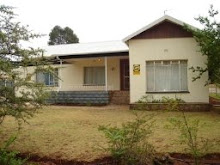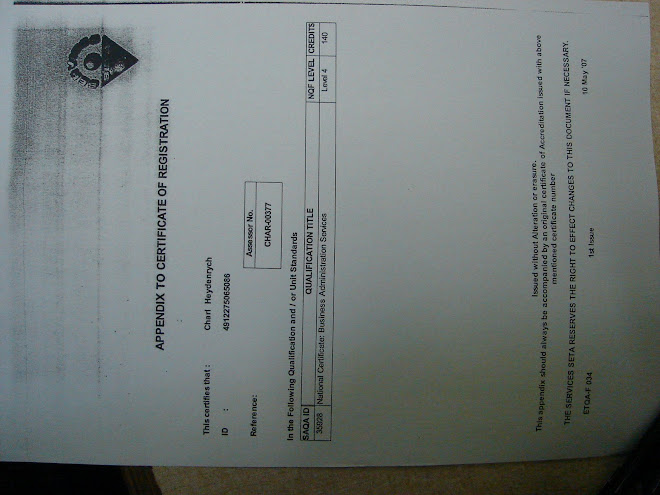Geoff Doidge, the minister of public works, did not want to lose momentum with the Expropriation Bill, which was withdrawn from the parliamentary process in September, he said on Friday. My question is "What effect is tthis going to have on investors?"
Work would continue on the legislation and the consultation process would be reopened.
Doidge acknowledged arguments that the bill was unconstitutional, but "some of the legal opinions I have been reading indicate that it is not unconstitutional", he said. My view is that the use of force to achieve social objectives were wrong during the Apartheid era and are wrong for our current democracy. Any deviation from that should be avoided.
Doidge, a former house chairman of the national assembly who was appointed minister a month ago, said the reworked bill would be put to Nedlac, the government, labour and business negotiating chamber. He hoped to forge a consensus on the legislation, between the Nedlac partners.
The legislation was sent back to the government by the national assembly's public works portfolio committee because there had not been sufficient consultation and the committee had concerns about unconstitutionality.
The land affairs department says the legislation is needed to fast-track land reform because land acquisition costs are rising exponentially as the 2014 deadline for transferring 30 percent of arable agricultural land to the previously disadvantaged draws closer.
South Africa has redistributed about 5 million hectares of the 25 million hectares so far.
Doidge expected the legislation, which was first tabled in April and became subject to some stormy hearings in June, to come before parliament again after the elections next year.
The original Expropriation Act of 1975 regulates only the expropriation of land for public purposes, while the new bill suggests the addition of the expression "in the public interest". What happened to the willing buyer willing seller concept? Force should not be used - it could be the spark for farm invasions and other Zimbabwe like abuses.
It sets up an expropriation advisory board operating at national and regional levels, according to the Sabinet Law website.
The chief justice should appoint a panel of judges to adjudicate disputes, Doidge said.
Pringle Bay
-
Name:https://en.wikipedia.org/wiki/Pringle_Bay Google count: Date: Historic
fact: Other interesting info: Where to stay:
8 years ago








No comments:
Post a Comment